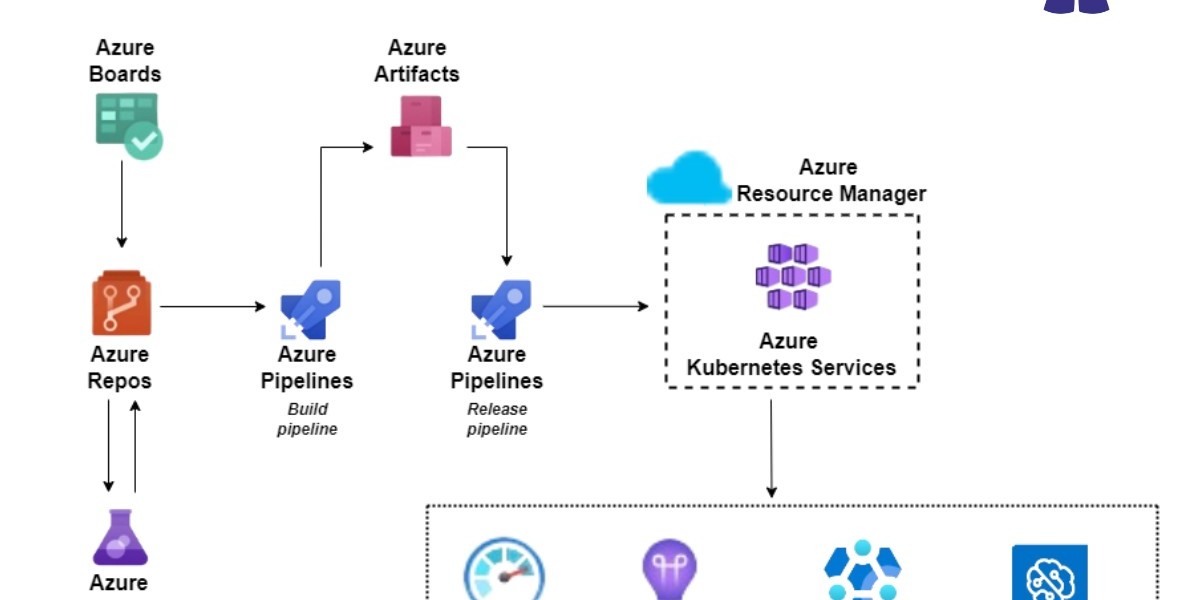Keeping the banking, Financial Services, and Insurance (BFSI) sector competitive requires efficient software development and maintenance processes. However, for a prominent BFSI company, challenges in managing a vast portfolio of applications, many of which are outsourced, were impeding its progress. Among these applications, 15 were identified as critical to the company's operations, highlighting the urgency for transformation. Let's delve into the journey of this BFSI company as it navigates through challenges toward a matured DevSecOps environment.
Understanding the Challenges:
The BFSI company faced a multitude of challenges:
· Lack of Source Code Management: The absence of organized version control hindered collaboration and efficient development.
· Absence of Documentation: Critical knowledge about applications was not documented, leading to inefficiencies and dependencies on individuals.
· Lack of Common Processes: Standardized processes were lacking, resulting in inconsistencies across different vendors.
· Missing CI/CD and Automated Testing: Manual processes slowed down development cycles and increased the likelihood of errors.
· No Branching and Merging Strategy: The absence of a strategy for managing code branches led to confusion and conflicts.
· Inconsistent Sprint Execution: Agile practices were not uniformly followed, affecting project timelines and quality.
The Future State Aspirations:
The company envisioned a matured DevSecOps environment, aiming to achieve:
· Near-zero touch pipeline for all product development
· Matured source-code management processes
· Defined and repeatable release processes
· Modernization to utilize the latest technological advancements
· Common processes among different vendors for better control over the SDLC
For Detailed Breakdown: https://devopsenabler.com/contact-us
Proposed Solution:
To address these challenges and realize future aspirations, a phased implementation approach was proposed:
· Stage 1 – Implement Basic DevOps: This stage focuses on foundational elements such as source code management, CI/CD, and standardized processes. It initially involved iterative implementation across 5-10 applications, with scalability as momentum increased.
· Stage 2 – Modernization: Building upon the foundation laid in Stage 1, this phase is aimed at modernization, including microservices architecture, test automation, security enhancements, and monitoring.
Injecting Security in the SDLC:
Security was embedded throughout the software development lifecycle (SDLC) through various measures:
· Security requirements were defined and integrated into design and coding processes.
· Static and dynamic application security testing was implemented.
· Software component analysis and security operations were conducted to ensure comprehensive coverage.
Outcomes and Metrics:
The proposed solution yielded significant outcomes:
· Establishment of common processes and Azure DevOps adoption enhanced collaboration and visibility across vendors.
· Implementation of Azure DevOps tools facilitated organized version control, automated builds, and deployments.
· Security features integrated into the SDLC enhanced resilience against vulnerabilities.
· Transition to microservices architecture and modern technologies improved scalability and efficiency
Metrics were defined to measure progress and success across various areas, including deployment frequency, code review effectiveness, testing coverage, release success rate, and infrastructure provisioning efficiency.
The transformation journey of the BFSI company illustrates the importance of addressing foundational challenges and embracing modern practices for software development. By adopting DevSecOps principles and leveraging Azure DevOps capabilities, the company achieved enhanced collaboration, automation, and overall efficiency. This case study underscores the significance of strategic planning, phased implementation, and continuous improvement in navigating the complexities of software development in the BFSI domain.
Contact Information:
- Phone: 080-28473200 / +91 8880 38 18 58
- Email: sales@devopsenabler.com









